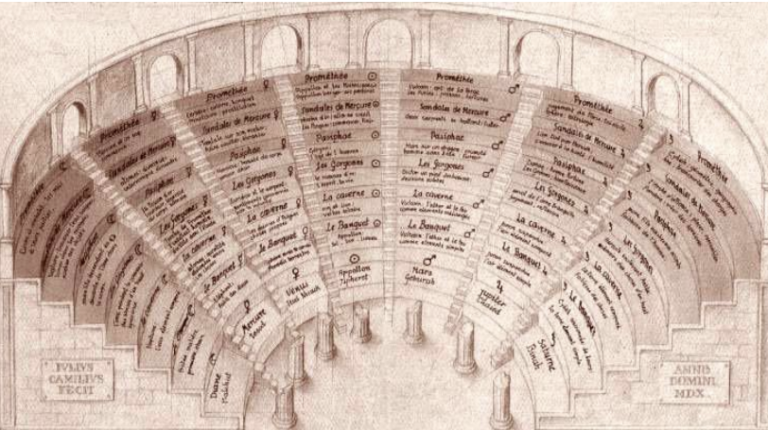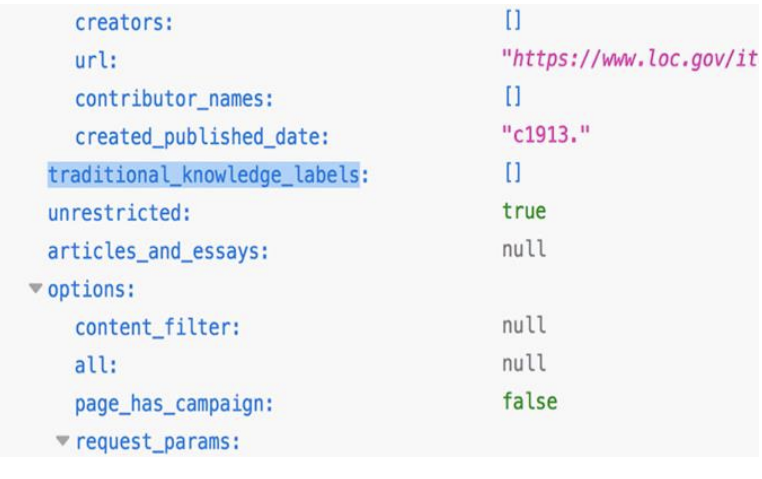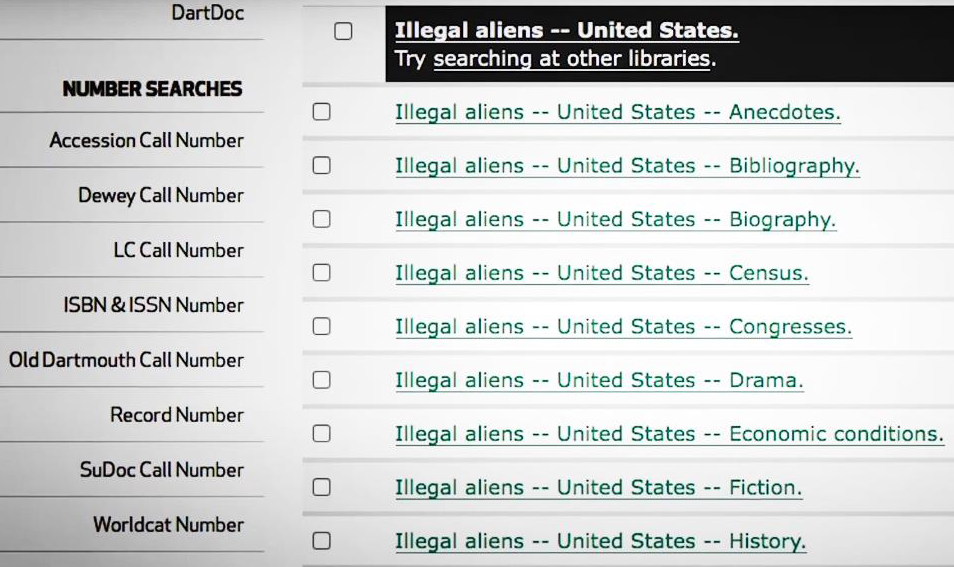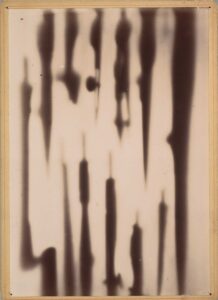HIST 208: Digital and Visual Storytelling
Wesleyan University | History Department
Spring Semester, 2024
Instructor: Dr. Marianna Hovhannisyan
Wed.: 1:20pm-4:10pm
During this seminar, we will develop a digital group project that addresses the question of remembering and denying pasts through the historical and critical relationship between carcerality, race, and storytelling in Connecticut. By engaging with contemporary forms of digital and visual storytelling (ArcGIS StoryMaps), this group project will work with the modalities of archival studies and digital humanities, accompanied by readings in critical race studies, visual studies, literary theory, and decolonial theory. We will first explore “remembering the past” through two post-Civil War Connecticut landmarks: The Church of the Good Shepherd (1867-69), dedicated to Samuel Colt, and the Mark Twain House (1874), now a museum. Both architectures (designed by the same architect, Edward P. Tuckerman) exist as pivotal markers for a new modern American narrative intertwined with the legacies of slavery, manufacturing, firearms, and storytelling. This narrative legitimizes the dispossession of Native Americans from their lands then underway while excluding and exerting control over free African Americans, violently policing them in matters of gun and home ownership. We will then consider how to make visible denied “pasts” by conducting archival research on the formative period of the 1860s and 1870s and in respect of the Connecticut context. Centrally, valuable insights for the project development will be provided by the in-class meetings with scholars, artists, and archivists, whose work rethinks and challenges the bond between carcerality, race, and storytelling.
The syllabus is available here.
This class takes place within the framework of The Carceral Connecticut Project .
HIST 270: On Evidence: Archives, Museums, and Prisons
Wesleyan University | History Department
Fall, 2023


From top to bottom: Giulio Camillo, The Memory Theatre, 16th century. © Public domain;
Local contexts, Dir. Jane Anderson, Kim Christen, James Francis, and Maui Hudson, 2021. © The directors.
Instructor: Dr. Marianna Hovhannisyan
Wed.: 1:20pm-4:10pm
This course introduces an interdisciplinary study of the idea of evidence in connection to the modern development of archives, museums, and prisons by setting this in a contemporary dialog with the discourses on state violence, incarceration, and refugeetude. Firstly, we will establish historical and theoretical links between carcerality, Western archival record-keeping practices (e.g., scientific grids, mugshots, taxonomies, and other forms of surveillance) and museological frameworks developed during the transition from the 19th to the 20th century. We will further consider how records, artifacts, data, bones, sites of “memories,” oral traditions, embodied knowledge, and/or intergenerational trauma can become evidentiary materials. Such inquiries are central to decolonial archival studies as they are critical for historically marginalized, racialized, and gendered subjects, whose claims for social justice, human rights, and heritage are tied to the aftermaths of slavery, genocides, and colonialism. Our readings and discussions will specifically draw upon decolonial archival studies, digital humanities, visual studies, human rights discourse, Asian American studies, Black studies, and Indigenous studies, which have continuously challenged what constitutes evidence. The syllabus is available here.
This class takes place within the framework of The Carceral Connecticut Project .
GNSS 1961Y: Gaps and Silences: In and Out of the Archives
Brown University | Gender & Sexuality Studies
Spring Semester, 2023

Instructor: Dr. Marianna Hovhannisyan
Th.: 4:00-6:30pm
This research seminar examines archives and considers how classification systems are central in addressing knowledge gaps, gendered and racialized silences created by colonialism, slavery, wars, and displacement. We will engage with archival theories informed by Black, Indigenous, and Asian American studies, feminist and postcolonial theories, and visual studies. What is archival metadata and what role does it play in historical research? How might we imagine new links between descriptive information, records, affect, and embodied knowledge found in and out of archives? Our discussions will be guided by concepts including “critical fabulation” (Hartman), “queering archives” (Arondekar, et al), “imagining the impossible,” (Gilliland & Caswell), and “silences and silencing” (Trouillot). For the final assignment, students will create their own digital archival projects. It will be based on their research interests and direct engagement with the Pembroke Center Archives focused on women’s history and feminist theory.
The syllabus is available here.
VIS 20: Introduction To Art History
Visual Arts Dept., UCSD | Summer Session 2, 2021

Compasses and Drawing Tools,
Belgium, 1896.© The MET.
Summer Graduate Teaching Scholar
Asynchronous Lectures:
Tues/Thurs: 11:00 a.m.-1:50 p.m. (PST)
Office Hours: Friday, 1 p.m.- 3 p.m. (PST); by appointment
E-mail: m1hovhan[@]ucsd.edu
Traditional survey courses in art history introduce the development of arts and architecture centered on the idea of the Western canon. In the field of art history, this canon constructs a lineage mainly narrated through a periodization of Euro-American art styles and movements represented by masters and hierarchies. This approach came into force during the nineteenth century in Europe and North America, with an emphasis on a Greco-Roman Classical heritage for the spiritual “origin.” Through standardized education, the canon implies a set of works declared most influential in shaping Western culture and arts. However, since the 1960s, the canon has been criticized for reproducing a range of biases on many levels, including setting indigenous arts closer to “primitive,” the absence of women, and geographic hierarchies.
This course considers several methodologies by which to form a critical perception of art history. The lectures will firstly address the notion and formation of the Western canon in art history. By introducing a selection of works from arts and architecture belonging to this canon, the course will discuss these examples within their corresponding sociocultural, historical, and religious contexts. The aim is to establish a framework which allows us to understand the critiques to this canon. Specifically, selected texts will help us grasp critical approaches from feminist positions of the 1970s-80s, Latin American art history, and visual/cultural studies. Moreover, the discussions around gender, race and class addressing the “Other,” representation, colonialism, and power will create a space to explore art history as multilayered knowledge production and a complex discipline.
The full syllabus is available upon the request.